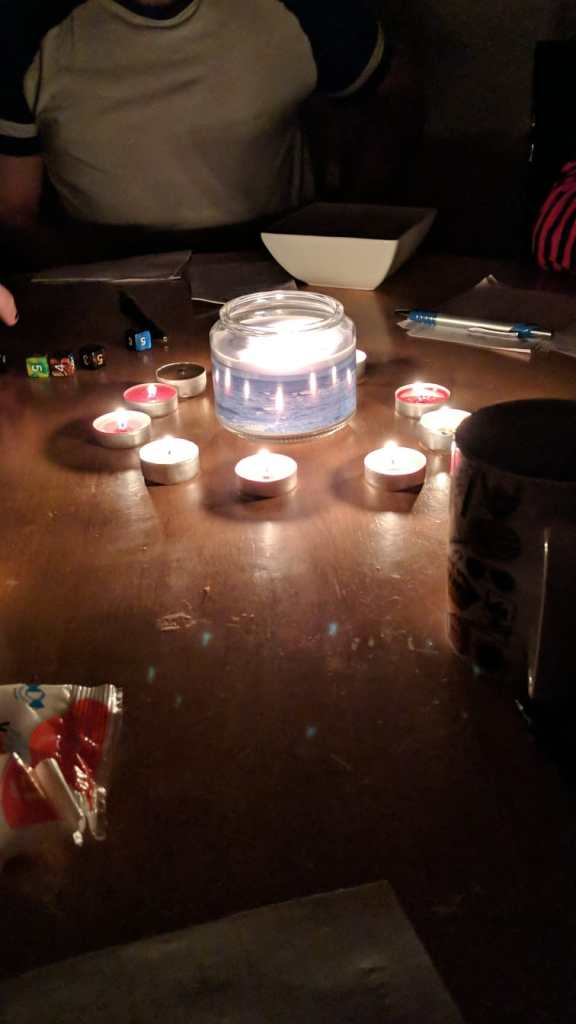Love. Some say that it’s merely a biproduct of our brain chemistry, others cling to their belief in soulmates. There are so many stories in mythology, history and common folklore about the love between gods and humanity, how those feelings could overcome the greatest distances or the most grievous injuries. People tend to only really focus on two types – romantic love and familial love.
Personally, I’ve never experienced romantic love. I struggle with emotions as it is, so I can’t really imagine what it must be like to fall head over heels for someone like sappy romance novels attempt to describe. Loving your family though? I’m lucky enough to have them feel as strongly towards me as I do towards them. I love my family more than anything and will continue to protect them, be that from external dangers or my own mental state.
Another type though, is often the most influential. Platonic love. Love towards your friends. It’s more than being loyal or confiding in one another, it goes so much deeper than that. They become a part of you. When you see a message from them or see them smile, it makes you smile too. Their happiness is intertwined with yours. It’s hard to describe.
There aren’t quite the right words in the English language that can truly express how deep and powerful a connection between friends can be. If you just stop for a moment and imagine your closest friend. View every detail of their face, their little mannerisms. How their eyes light up when they laugh, how excited and passionate they become when talking about something they love. Now, push away that image. It hurts, doesn’t it? That little pang, that tug of sorrow. You miss them, even though, they were just a mental image.
If you have a friend like this in your life, treasure them. Hold onto them with every fibre of your being. They are the kind of friend who you can not talk to for months on end, yet still have that same closeness as if only an hour has passed. You don’t have to be together in the same room for them to have an impact on you. Be it a letter, a message or just talking about them to someone else, often that’s more than other to put that little spring in your step.
Love, adoration, loyalty, protectiveness and pride, are all emotions that rise to the surface when that person comes to mind. Whenever they achieve something, you want the whole world to know how amazing they are and more importantly, you want them to recognise how brilliant they are.
I have a few friends like this. They know who they are. Be it playing Tomb Raider whilst they tidy their room, talking about vampires and niche musicals, just lying next to one another doing our own thing or getting trolled by the NATO alphabet, these are people that you can depend on. They have made such a substantial difference on my life and who I have become.
I believe in myself more and more, because they encourage me. I am less afraid to tackle the demons in my head, because I know they will be right behind me to catch me if I fall. If I need them, they will be there as soon as they can. They would go to the ends of the earth for me and I would do the same for them. Not because I want to date them or because they’re related to me by blood, but because they deserve the world.
Support them and they will support you. Especially in times like this.
CaitlinRC.



















